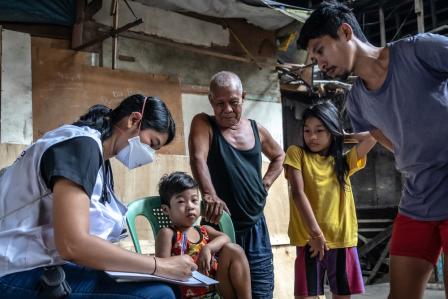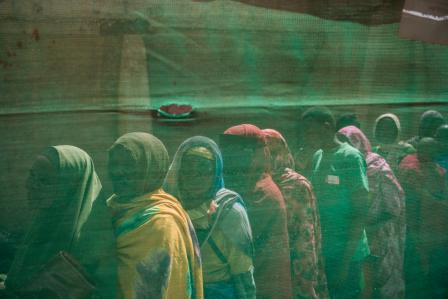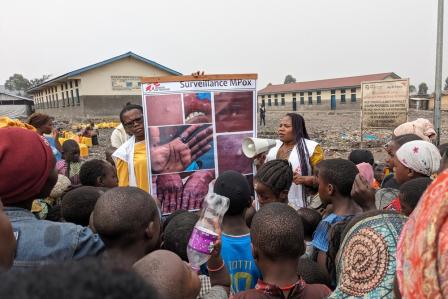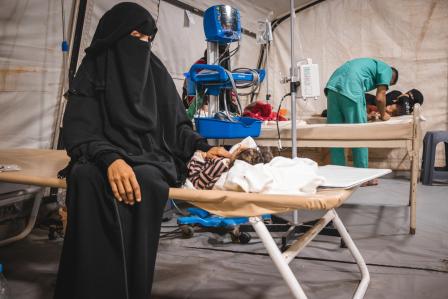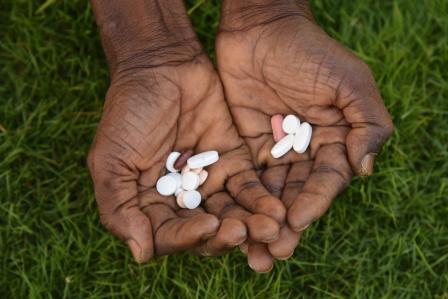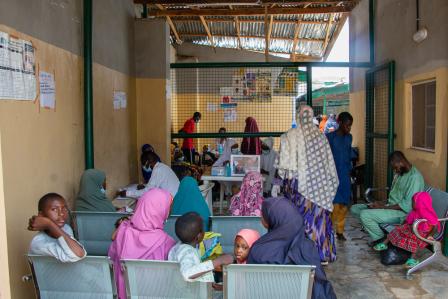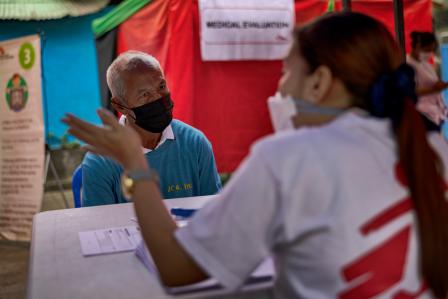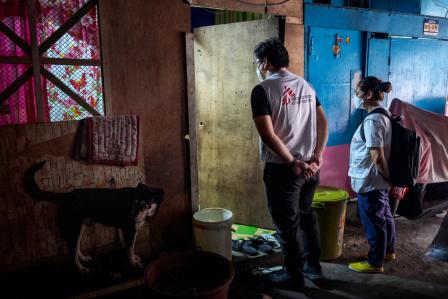Press Release: Measles remain highly contagious and must not be taken for granted

The Infectious But Not Invincible campaign of SEEAP project zoomed in on hepatitis C, measles and tuberculosis. For each disease, we look at what it is, how it spreads and how it is treated, how MSF works on treating and eradicating the disease, and patient stories and advocacy. © MSF
In a webinar organised by Doctors Without Borders, World Health Organisation’s (WHO) Senior Technical Adviser for Measles and Rubella Dr Natasha Crowcroft said measles had been relegated to a neglected disease because all focus is currently on COVID-19. "People seem to have discounted how serious measles is, taking it for granted," she said.
Up to 15 per cent of people infected with measles die from complications in low-resource settings, such as refugee camps. However, since 2016, the death rate for measles has been climbing up to 50 per cent, claiming an estimated 207,500 lives in 2019. This is a rising mortality rate combined with the fact that in 2019, there were 870,000 cases of measles reported – the highest number in nearly a quarter of a century, which is shocking as measles is highly preventable with vaccines.
Crowcroft noted that before the start of the pandemic, certain regions were on track to eradicating measles via vaccination but progress has slowed down now. "There is still an effort to eradicate measles, but it's not going to happen very quickly, and it may also take years to get there. Measles is a huge killer and not a disease to take for granted," she said. Crowcroft also cautioned that poor vaccination in the last decade and other issues, such as rising malnutrition, could create a perfect storm for an outbreak, potentially on a global level. "We need to take action now, and not just healthcare facilities and medical workers, but also political leaders."
Dr Choi Kin-Wing, a specialist in infectious diseases at The Chinese University of Hong Kong (CUHK) Medical Centre, a teaching hospital, concurred that there needs to be a top-down approach in controlling measles as the infection knows no boundaries. He said that due to the highly contagious nature of measles, herd immunity could only be achieved if 95 per cent of the population are vaccinated and as such, outbreaks could also happen anywhere and not merely among marginalised communities. In this, Choi cited as an examplethe measles outbreak at the Hong Kong international airport in early 2019.
Imee Japitana, currently the Nurse Activity Manager of a Doctors Without Borders’ project in Marawi, shared that one of the problems in eradicating measles was lack of access to vaccines, misinformation and misconception. "In some areas, Doctors Without Borders is working with people who are very isolated and need to walk for hours to reach healthcare facilities. Many of them cannot afford transportation to healthcare facilities. While others have misconception or lack of information about measles and its vaccines," she said.
According to Japitana, this is why Doctors Without Borders supplemented its medical activities in combating measles with information on how to protect and prevent it. "Doctors Without Borders also continued surveillance of the disease, and if there is an outbreak in internally displaced people or refugee camps, we tailor our health promotion activities according to it," she said.
Japitana said that last year; there was an outbreak of measles in one of the refugee camps in Bangladesh, where health promotion activities helped in educating people and addressing misconceptions about vaccines. She said that experience in Bangladesh was tough as besides battling measles, they had to also contend with the pandemic.
"We had to balance running regular activities and prevention of COVID-19. It was challenging as the staff were also concerned about COVID-19, and we also were short-staffed as many were exposed or infected with COVID-19. We deployed teams to inform patients that our facilities werebel still running and provide information, especially since many believed that they will be infected with COVID-19 if they go to health facilities. To build trust, we also provided a tour of our facilities."
Measles vaccination campaigns and treatment during outbreaks are important for Doctors Without Borders in managing measles outbreaks. Every year, there are campaigns in a wide range of countries, such as the Democratic Republic of Congo and Central African Republic. Doctors Without Borders also works to address measles outbreaks in Chad, Niger, Nigeria and Bangladesh. Since 2006, Doctors Without Borders has vaccinated some 28 million children against measles.
Aside from vaccination and treatment, Doctors Without Borders works on improving access to vaccines, including working with governments to ensure a sufficient supply of vaccines at reasonable prices.
